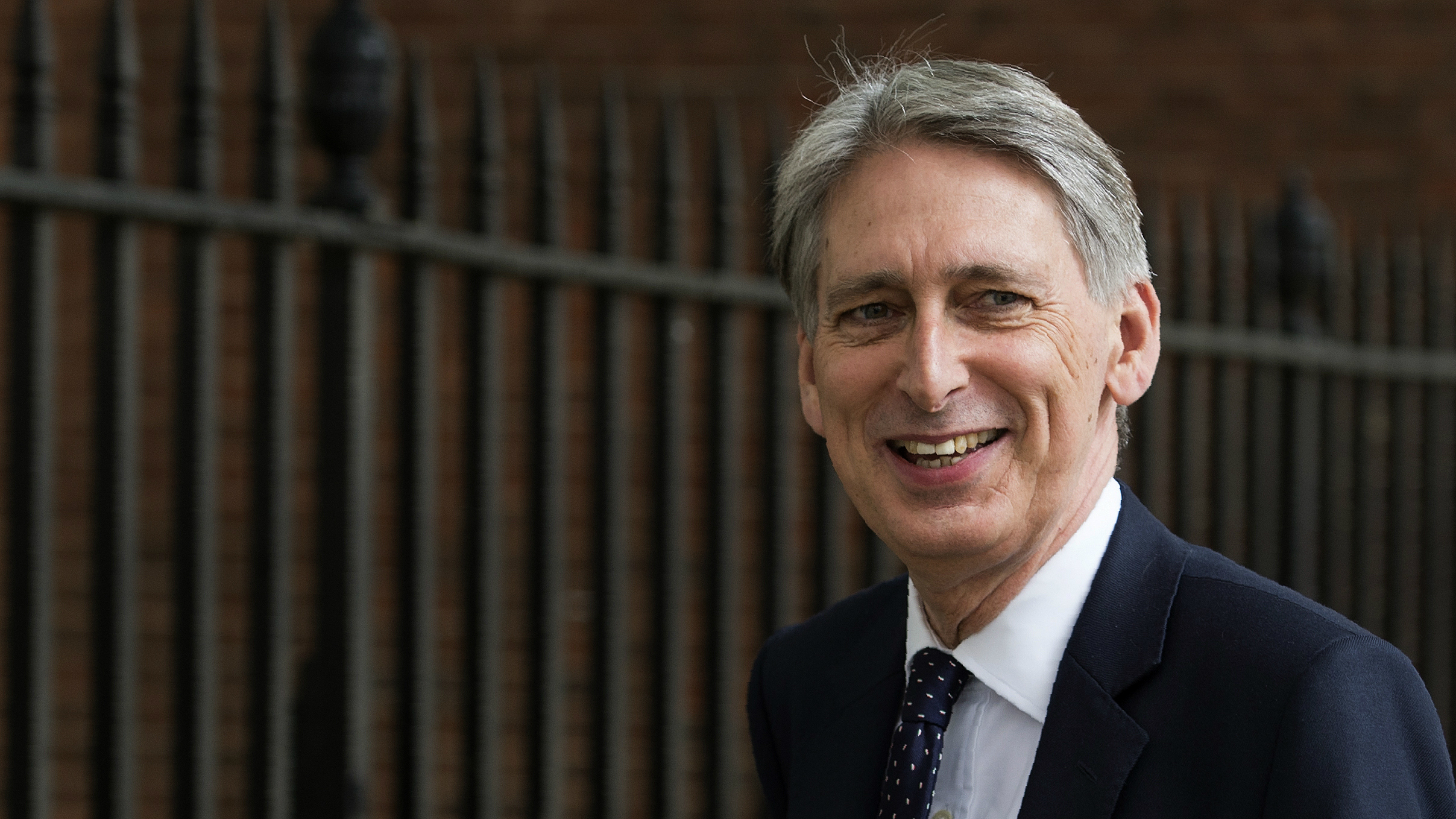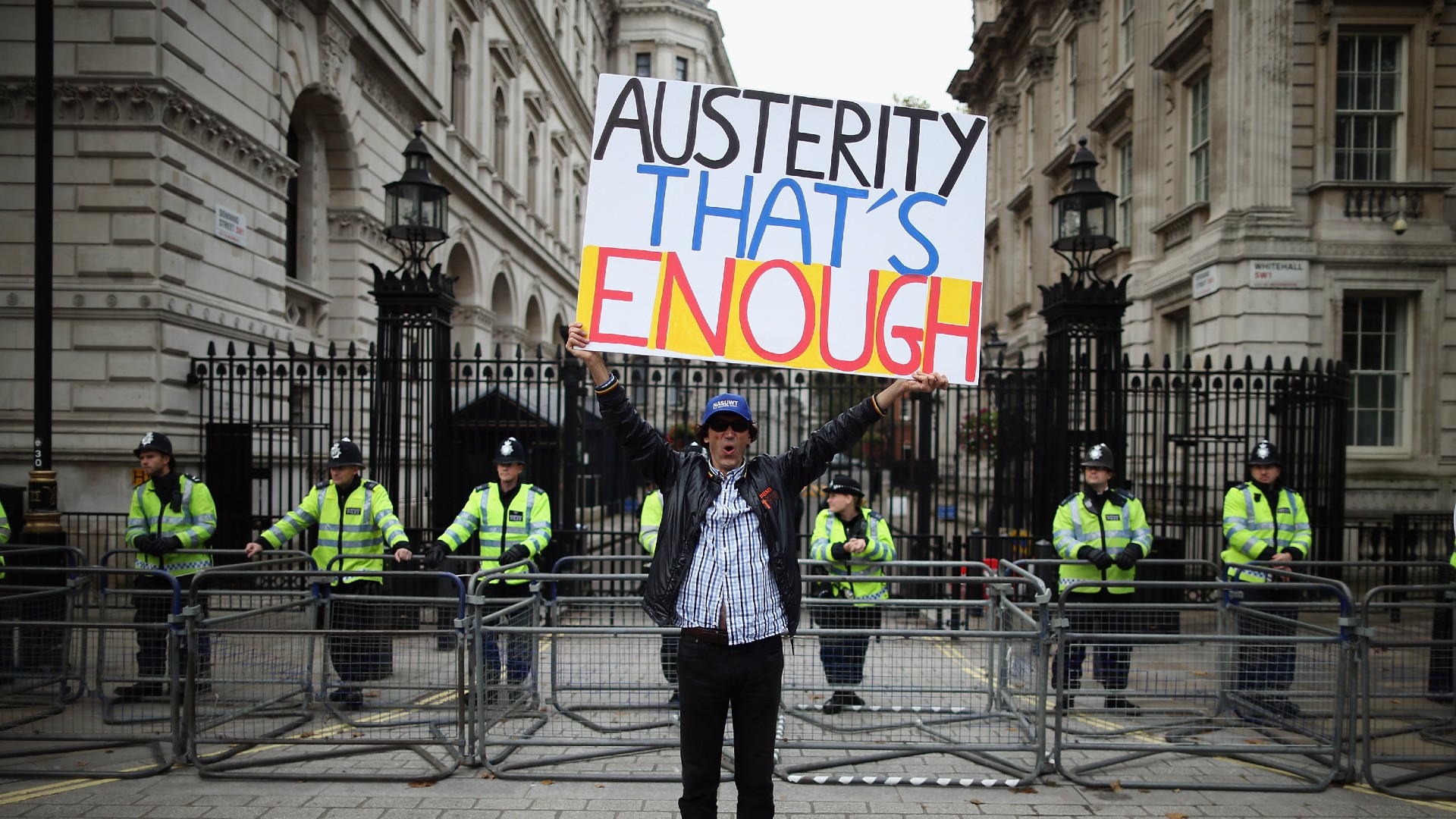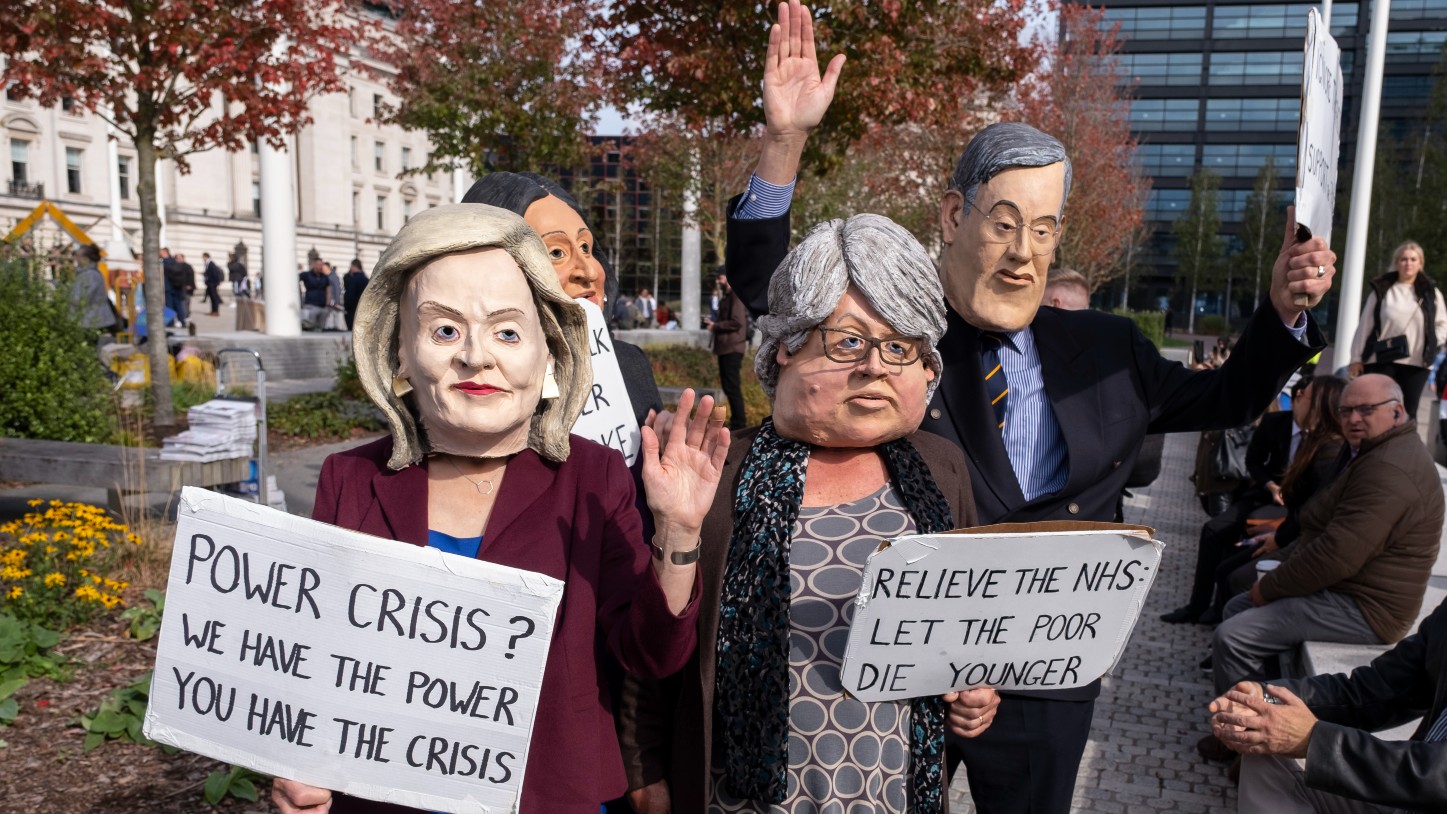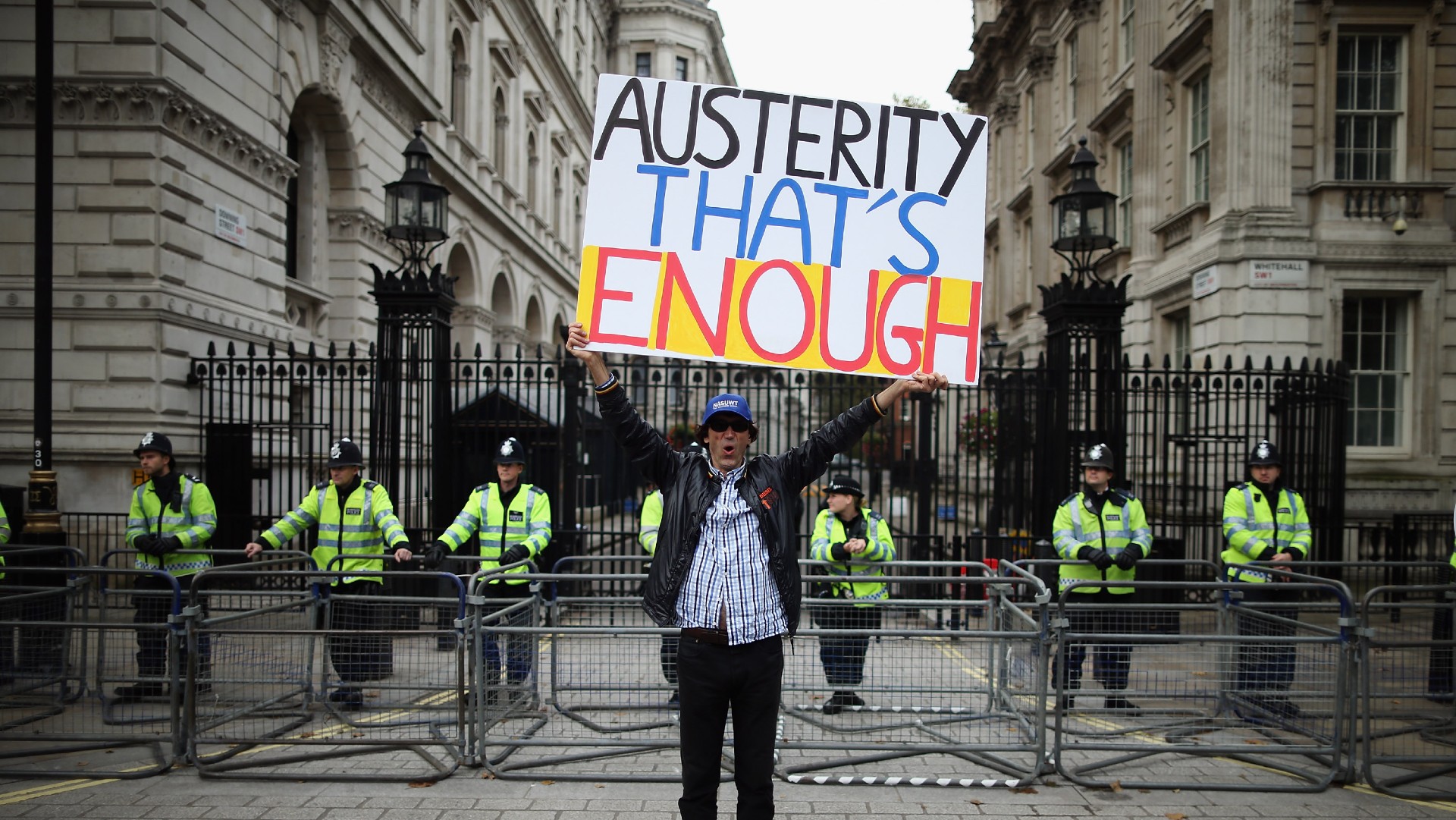OBR calls for continued austerity as UK fails 'stress test'
Public borrowing could spiral in years to come, warns Treasury watchdog

A free daily email with the biggest news stories of the day – and the best features from TheWeek.com
You are now subscribed
Your newsletter sign-up was successful
The Treasury's official watchdog has warned the government not to "easily concede" to the public's "austerity fatigue", reports the Daily Telegraph.
Releasing its fiscal report, the independent Office for Budget Responsibility (OBR) said public borrowing could spiral in the coming years and that the economy would fail if subjected to the sort of "stress tests" regulators use for big banks.
If also predicted that if the UK suffered a recession even less severe than that seen in 2008 and the Bank of England increased interest rates to four per cent to combat a rise in inflation, the government would be forced to borrow £158bn more by 2020/21.
The Week
Escape your echo chamber. Get the facts behind the news, plus analysis from multiple perspectives.

Sign up for The Week's Free Newsletters
From our morning news briefing to a weekly Good News Newsletter, get the best of The Week delivered directly to your inbox.
From our morning news briefing to a weekly Good News Newsletter, get the best of The Week delivered directly to your inbox.
Robert Chote, chairman of the OBR, said: "Most policy advice would be that in that sort of situation you want to create yourself some fiscal space for the nasty surprises that come down the road."
According to the Financial Times, the main issue would be rising borrowing costs, with a little more than 40 per cent of the UK's £1.4trn core debt pile "exposed to movements in short-term interest rates".
That means increases in rates translate to higher debt servicing costs and even at current record low levels, debt repayments take a larger share of public spending than all but three government departments.
Such a move in interest rates might be unlikely, but debt servicing costs could also be pushed higher by rising inflation as more government bonds are now index-linked.
A free daily email with the biggest news stories of the day – and the best features from TheWeek.com
The OBR said this situation is being made more precarious by the scrapping of 17 cost-cutting measures in the last Budget, reports The Guardian.
Chancellor Philip Hammond has hinted he could increase public spending or ease cuts, saying the Tories were "not deaf" to the message delivered by voters in the snap election last month.
In contrast, the Institute for Fiscal Studies think-tank said this week that the UK could scrap £33bn of tax rises and budget cuts and keep the annual deficit around or below last year's 2.4 per cent level.
That relies on the UK economy to continue to grow, something which is not assured ahead of Brexit.
It would also mean borrowing continues to rise overall, as while the proportion of debt relative to a higher economic output would fall, it would still be rising in cash terms.
-
 What to know before filing your own taxes for the first time
What to know before filing your own taxes for the first timethe explainer Tackle this financial milestone with confidence
-
 The biggest box office flops of the 21st century
The biggest box office flops of the 21st centuryin depth Unnecessary remakes and turgid, expensive CGI-fests highlight this list of these most notorious box-office losers
-
 The 10 most infamous abductions in modern history
The 10 most infamous abductions in modern historyin depth The taking of Savannah Guthrie’s mother, Nancy, is the latest in a long string of high-profile kidnappings
-
 French finances: what’s behind country’s debt problem?
French finances: what’s behind country’s debt problem?The Explainer Political paralysis has led to higher borrowing costs and blocked urgent deficit-reducing reforms to social protection
-
 New austerity: can public services take any more cuts?
New austerity: can public services take any more cuts?Today's Big Question Some government departments already 'in last chance saloon', say unions, as Conservative tax-cutting plans 'hang in the balance'
-
 Liz Truss and Kwasi Kwarteng’s supply-side reforms
Liz Truss and Kwasi Kwarteng’s supply-side reformsfeature PM and chancellor are banking on cuts to regulations and tax in bid to stimulate growth
-
 Do Tory tax cuts herald return of austerity?
Do Tory tax cuts herald return of austerity?Today's Big Question Chancellor U-turns on scrapping top rate tax but urges ministers to make public spending cuts
-
 Labour shortages: the ‘most urgent problem’ facing the UK economy right now
Labour shortages: the ‘most urgent problem’ facing the UK economy right nowSpeed Read Britain is currently in the grip of an ‘employment crisis’
-
 Will the energy war hurt Europe more than Russia?
Will the energy war hurt Europe more than Russia?Speed Read European Commission proposes a total ban on Russian oil
-
 Will Elon Musk manage to take over Twitter?
Will Elon Musk manage to take over Twitter?Speed Read The world’s richest man has launched a hostile takeover bid worth $43bn
-
 Shoppers urged not to buy into dodgy Black Friday deals
Shoppers urged not to buy into dodgy Black Friday dealsSpeed Read Consumer watchdog says better prices can be had on most of the so-called bargain offers